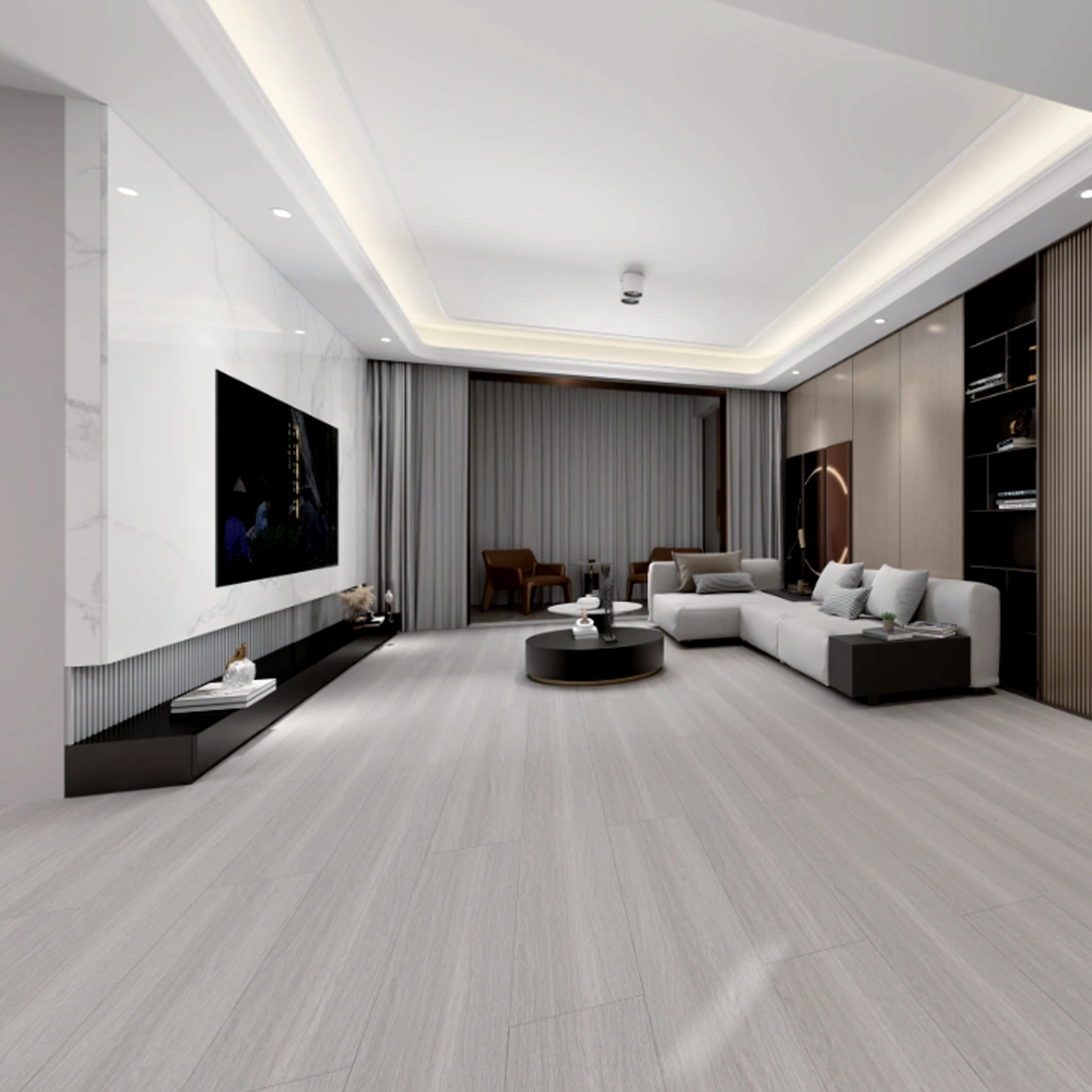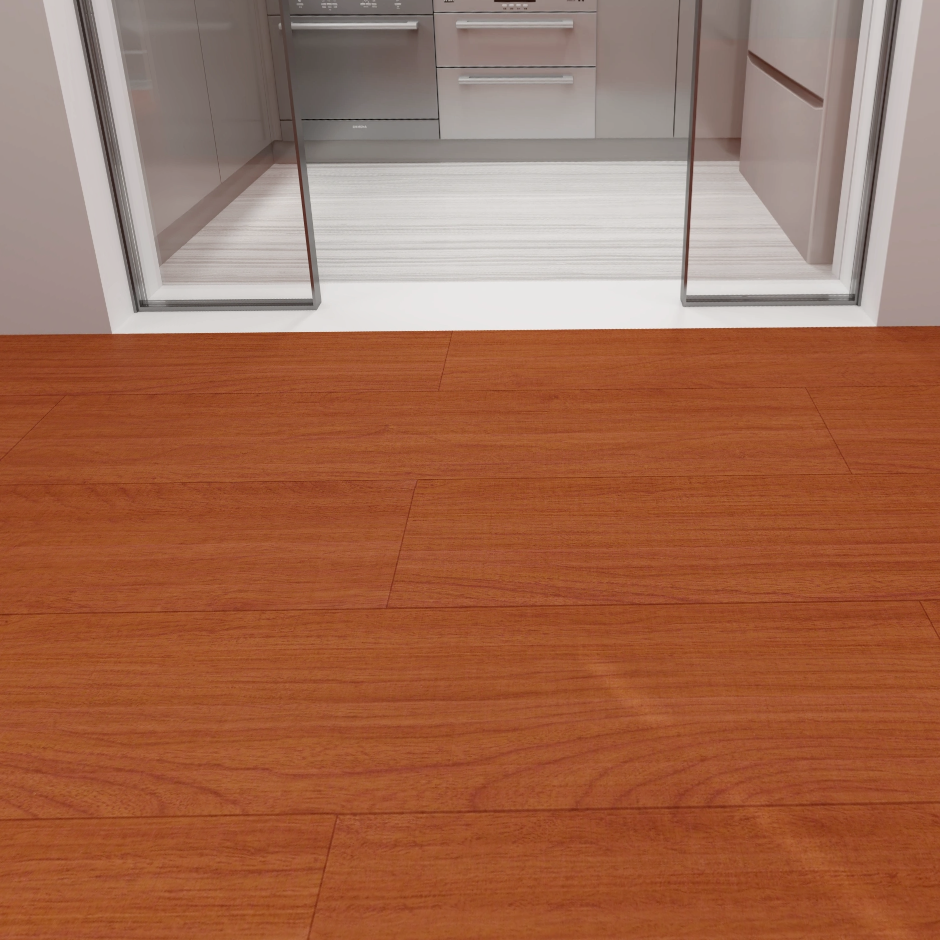先進的な床材ソリューションで完璧な雰囲気を創出
ホスピタリティ業界は卓越したゲスト体験の創出に依存しており、見過ごされがちですが極めて重要な要素の一つが床材システムです。 静音フローリング テクノロジーはホテルやレストランがインテリアデザインおよび機能性に取り組む方法を革新しました。この革新的な床材ソリューションは、防音性、耐久性、美的魅力といった点から、ホスピタリティ施設が直面するさまざまな課題に対応しています。
にぎわうホスピタリティ環境では、細部への配慮が重要です。ゲストの絶え間ない往来やスタッフの動き、日常のオペレーションによって、雰囲気に影響を与えるほどの高い騒音レベルが生じる可能性があります。サイレントフロアシステムは、高級施設が求める洗練された外観を保ちながら、優れた防音性能を提供する画期的なソリューションとして登場しました。
サイレントフロア技術の仕組み
高度な音響工学
サイレントフロアシステムは、音波を効果的に吸収・減衰させるために、高度な多層構造技術を採用しています。その核となる技術は、防音のために特別に設計された素材を、目的に応じて複数の層に配置するものです。これらの層が連携して、衝撃音、足音、構造振動を最小限に抑える働きをします。
静音フロアソリューションの背後にある技術には、ノイズの伝播を効果的に遮断する高度なポリマーと防音化合物が採用されており、上階からの音が下階や隣接空間に伝わる前に大幅に低減されるよう科学的に設計されています。
材料の革新と性能
現代の静音フロアシステムは、優れた防音性能と構造的強度を兼ね備えた高機能素材を組み合わせています。表面層には耐摩耗性のある素材を採用し、多量の歩行による負荷にも耐えながらノイズ低減性能を維持します。その下には、床の安定性を損なうことなく追加的な音吸収を提供する特殊クッション層が配置されています。
これらの革新的な素材は、防音性能だけでなく、耐久性やメンテナンスの容易さも考慮して慎重に選ばれています。その結果、長期間にわたり一貫した性能を発揮しながら、ほとんど手入れを必要としない床材ソリューションとなっています。
ホスピタリティ環境における利点
ゲストの快適性向上
静音フロア技術を導入することで、より静かで快適な環境が実現され、ゲストの満足度に直接貢献します。ホテルでは、廊下や隣接する客室からの足音の影響を受けずに、ゲストは安心して休息を楽しむことができます。階上階下へ音が伝わりやすい多階建て建築物において、衝撃音の低減は特に重要なメリットです。
レストランでは、会話が円滑になり、より心地よいダイニング体験ができるよう、音響環境が改善されます。周囲の騒音が低減されることで、ゲストが声を大きくしなくても快適に会話できる雰囲気が生まれ、全体的な食事の体験が向上します。
運用上の利点
静音フロアの設置は、ホスピタリティ施設に多数の運用上の利点を提供します。スタッフはゲストを妨げることなく効率的に移動でき、サービスカートも廊下を静かに運ぶことができます。このような運用の円滑化により、サービスの質が向上し、スタッフの生産性も高まります。
静音フロアシステムの耐久性は、メンテナンス頻度の低減と交換期間の長期化にもつながり、結果として長期的なコスト管理の改善に寄与します。高品質な床材への初期投資は、メンテナンスコストの削減と耐用年数の延長を通じて、継続的なリターンをもたらします。

デザイン統合と美観
汎用的なスタイルオプション
現代の静音フロアソリューションは、デザイン、色、質感において多様なラインナップを備えており、ホテルやレストランが優れた防音性能を享受しながらも、意図するインテリアスタイルを維持できるようになっています。クラシックな無垢材風の外観からモダンな仕上げまで、あらゆるインテリアデザインに調和する製品が揃っています。
静音フロアオプションの汎用性により、施設内に異なるゾーンを設けつつ、全体で一貫した防音性能を維持することが可能になります。この設計上の柔軟性は、ブランド表現や印象に残るゲスト体験の創出を支援します。
シームレスな統合
静音フローシステムは、既存の建築要素や建物設備とシームレスに統合できます。施工プロセスはさまざまな下地床条件に対応するよう設計されており、空間間のさまざまな段差要件にも対応可能です。この適応性により、全体的なデザイン構想を損なうことなく防音効果を実現できます。
改修工事や新築プロジェクトにおいて静音フローソリューションを導入できる能力は、建築家やデザイナーに創造的な自由度を高めるとともに、必須の機能的要件を満たすことを可能にします。
持続可能性と長期的価値
環境への配慮
多くの静音フロア製品は持続可能性を念頭に置いて設計されており、環境に優しい素材や製造プロセスが採用されています。これらのシステムは、グリーンビルディング認証の取得に貢献し、環境意識の高いゲストにとって重要性が高まっている環境責任への取り組みを示しています。
高品質な静音フロアの設置は長寿命であるため、交換頻度が減り、長期的に廃棄物を削減できます。この耐久性は持続可能な建築手法と一致しており、施設が環境への影響を低減するのを助けます。
投資収益率
静音フロアシステムの初期コストは従来の床材よりも高くなる場合がありますが、長期的な利点により投資は正当化されます。ゲスト満足度の向上は、より良いレビューとリピート利用につながる一方で、メンテナンスの必要性の低下と耐用年数の延長が好ましいライフサイクルコストに寄与します。
資産価値への好影響や、優れた断熱性能によるエネルギー節約の可能性は、ホスピタリティ施設におけるサイレントフロア施工の強力なビジネスケースをさらに後押しします。
よく 聞かれる 質問
サイレントフロアの施工は通常どのくらいの期間持続しますか?
適切に施工され、適切なメンテナンスが行われれば、サイレントフロアシステムは15〜20年以上使用できます。実際の耐用年数は、通行量、メンテナンス方法、選択した製品の種類などの要因によって異なります。
既存の建物にサイレントフロアを施工することは可能ですか?
はい、改修工事の際に既存の建物にサイレントフロアシステムを後付け(リトロフィット)することが可能です。施工に伴い、ドアの高さや段差調整に若干の変更が必要になる場合がありますが、経験豊富な施工業者がこれらの課題を効果的に解決できます。
サイレントフロアは特別なメンテナンスを必要としますか?
最も静かな床システムのほとんどは、従来の床材と同様の標準的な清掃およびメンテナンス手順を必要とします。主な違いは、これらのシステムが通常、摩耗や損傷に対してより耐性があるため、集中的なメンテナンスの頻度が低くなる可能性がある点です。


